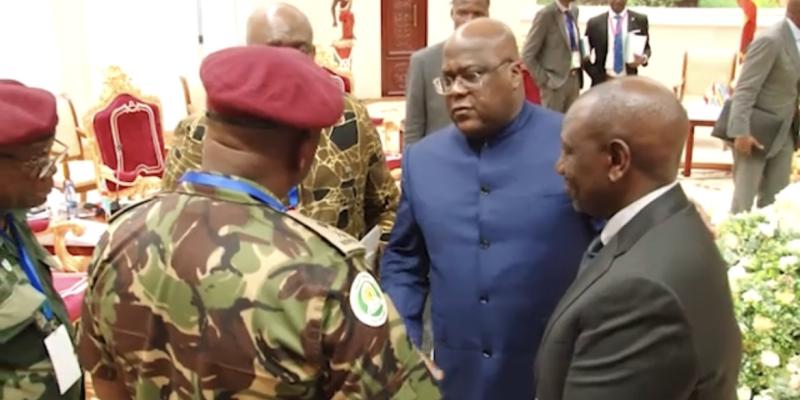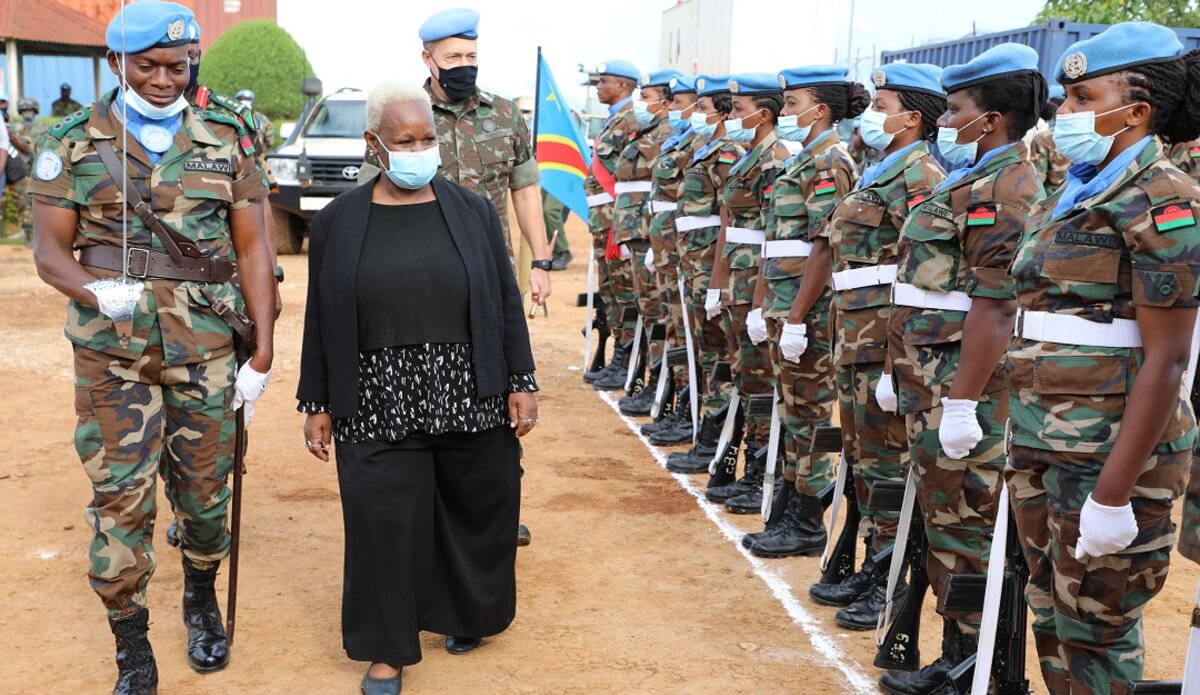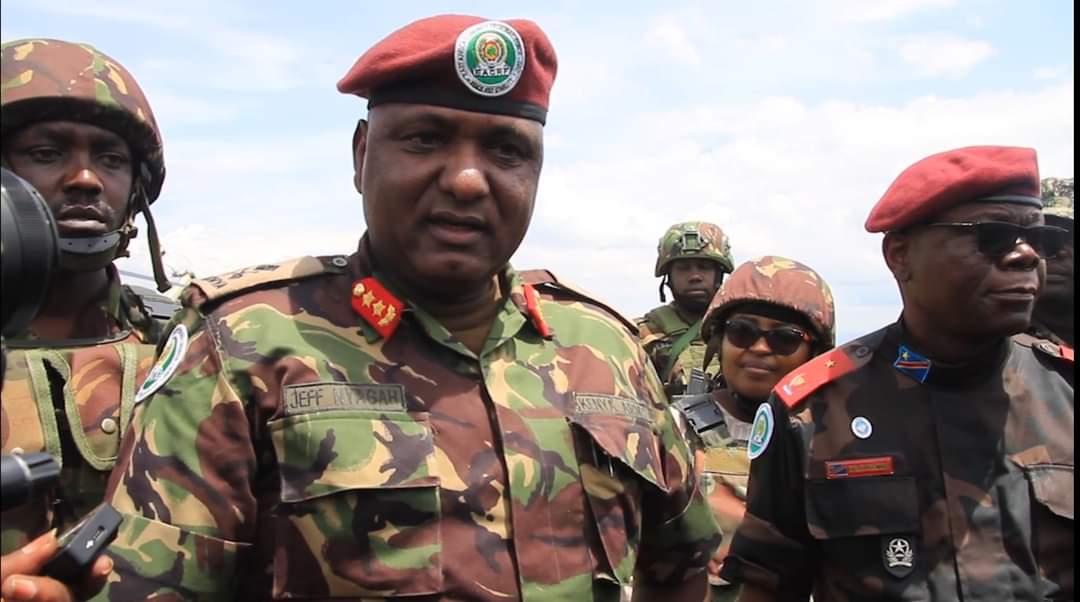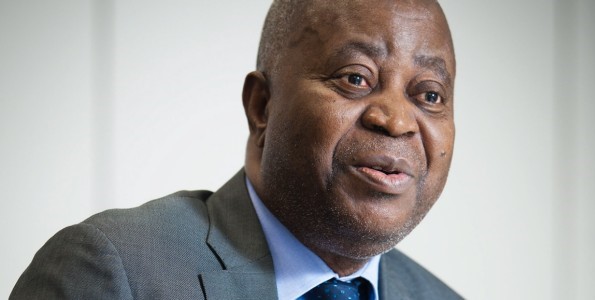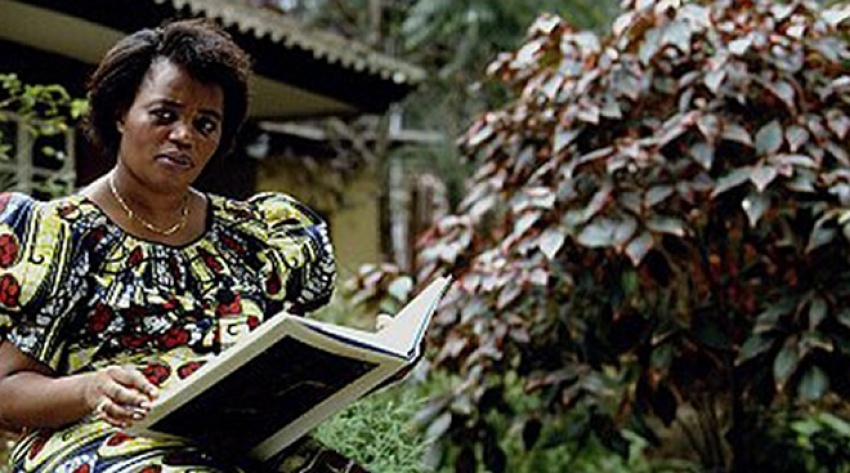Regional
DRC: Why Tshisekedi does not qualify for a second term
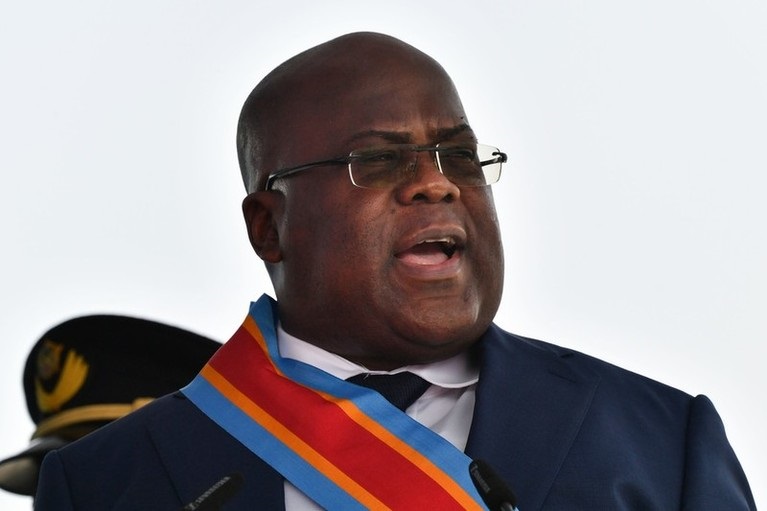
The Democratic Republic of Congo (DRC) last held general
elections in December 2018, to determine a successor to President Joseph Kabila. Félix Tshisekedi, under the Union pour la Démocratie et le Progrès Social (UDPS) was declared winner amidst
allegations by another opposition candidate, Martin Fayulu, of voting rigging
in a deal made by Tshisekedi and then outgoing President Kabila.
Different election observers, including the DRC's Roman Catholic Church,
also cast doubt on the official result. Nonetheless, after the court rejected Fayulu’s
appeal, Tshisekedi was sworn in as the 5th President of the Democratic Republic
of the Congo in January 2019.
Putting aside the fact that Tshisekedi did not get majority votes
to win the election, he had a chance to make it to the highest office and
probably this would have been a time to challenge those who doubted his
capability, by serving Congolese people in a remarkable way that would earn him
a second term. But he did not use his chance properly.
Political analysts in the Great Lakes observe that since Tshisekedi assumed office in 2019, there is nothing tangible he can show the Congolese people in terms of social economic development of the country.
Opposition politician Jean-Marc Kabund who left Tshisekedi’s
UDPS and formed his own political party, "Alliance for Change," said
that he could not work with Tshisekedi for his lack of clear vision, notorious
incompetence and institutionalized mismanagement characterized by carelessness,
irresponsibility, enjoyment and predation at the top of the state by the
president’s camp.
"When I speak of embezzlement... these are hundreds and
hundreds of millions of dollars, placed in tax havens, placed in
multinationals, these are cash that leaves the country in private jets,"
Kabund said in an interview with French radio, RFI.
Kabund added that the DRC parliament had become a place for
dealing with irrelevant issues and theaters for political clowns.
Political activist Floribert Anzuluni of the pro-democracy
movement Filimbi observed that the trend of the regime in power since January
2019 "risks compromising the holding of free, credible and timely
elections in 2023."
It is worth noting that Tshisekedi is not interested in
solving the security crisis in the east of the country, to use it as an excuse
to postpone elections and extend his stay.
A recent report by the inspectorate
General of Finance (IGF) revealed massive embezzlement of taxpayers’ money.
According
to the findings of an audit of the government's payroll, the IGF noted numerous
irregularities, with tens of thousands of fictitious (ghost) employees.
Each
month, "the monthly loss of earnings suffered by the Treasury is
148,999,749,440.95 Congolese francs (or USD 66.2 million)," said the IGF
in a statement concerning the audit conducted by its services.
The
Congolese public finance watchdog says that more than 145,000 paid agents have
"incorrect, fictitious and fabricated registration numbers for payroll
purposes". Nearly $800
million is lost, annually, from the public treasury through this kind of
embezzlement, the IGF report concludes.
Although the DRC's budget for 2023 is estimated at $16
billion, civil servants remain unpaid
for months and many fend for themselves by
turning their positions into a source of revenue. Civil servants in DRC work
until they drop dead hoping to get a pension package, which does not come. Despite a 2016 law
stipulating that those who have reached the age of 65 or accumulated 35 years
of career are eligible for retirement, many of the civil servants work until
they reach 80 and above.
If Tshisekedi cared for the people of DRC, one
of his first priorities in the first term would have been Civil Service reform.
Bayard Kumwimba Dyuba, a 84-year-old elementary
school teacher in Lubumbashi, in the southeast of the country, said: “I would
like the state to make me leave with honor."
But what is keeping Kumwimba on job at such an
elderly age? Kumwimba's answer is simple. He wants to leave, but not with
nothing! “I would like to be given what I deserve”. The law stipulates that his
"final settlement" – close to $30,000 – should be followed by a
regular pension payment.
Unfortunately, Kumwimba’s wish will only
remain a dream when DRC is still under the corrupt government of Tshisekedi.
Although
DRC is one of the richest countries in the world in terms of natural resources,
almost two-thirds of the country's population – which is more than 95 million – live below the poverty line, on less than
$2.15 a day, according to the World Bank.



